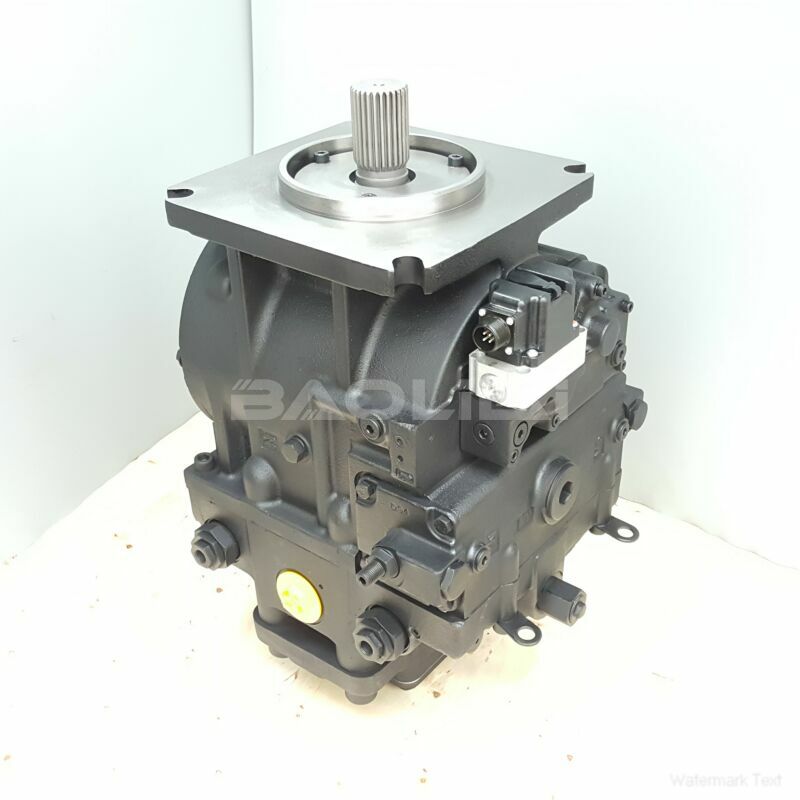90L100HF1NN60R4F1E03GBA202024 hydraulic pump
90L100HF1NN60R4F1E03GBA202024 hydraulic pump

- Product Details
- Applicable Scene
Hydraulic pump systems play a vital role in various research applications within university laboratories. These systems, which utilize pressurized fluids to generate mechanical power, are integral to a wide range of experiments and practical applications across multiple disciplines, including engineering, materials science, biology, and environmental studies.
90-L-100-HF-1-NN-60-R-4-F1-E-03-GBA-20-20-24
90L100HF1NN60R4F1E03GBA202024
One primary use of hydraulic pump systems in research labs is in testing and material characterization. For instance, hydraulic systems can exert controlled forces on materials to assess properties such as tensile strength, compressive strength, and fatigue resistance. Researchers use hydraulic testing machines to apply specific loads and monitor how different materials respond under stress. This data is crucial for developing new materials or improving existing ones, especially in fields like civil engineering and aerospace.

90033
In addition to material testing, hydraulic systems are frequently employed in fluid dynamics research. By simulating fluid flow and pressure conditions, researchers can study phenomena such as turbulence, flow separation, and wave propagation. Hydraulic pumps can be used to create precisely controlled environments that replicate real-world fluid scenarios, making them invaluable for studies related to hydraulic engineering and environmental science.
Another prevalent application of hydraulic pump systems in university labs is in the field of biomechanics. Researchers often use hydraulic actuators to mimic human motion or to create artificial limbs and exoskeletons. By utilizing hydraulic systems, labs can develop advanced prosthetics that respond effectively to the user’s movements, providing valuable insights into human biomechanics and rehabilitation techniques.
Furthermore, hydraulic systems are essential in experimental setups for sustainable energy research. For example, researchers might use hydraulic pumps in experiments designed to harness energy from tides or waves. These systems can effectively convert mechanical energy into electrical energy, providing a crucial link in developing renewable energy technologies.





